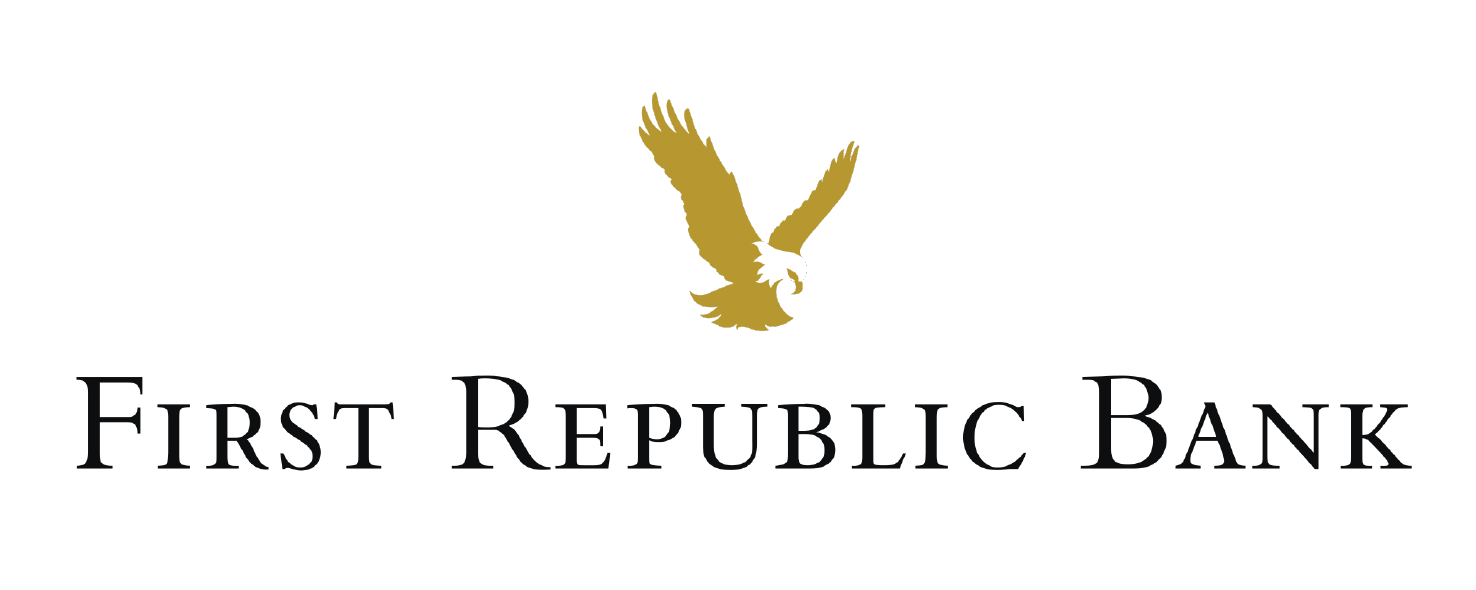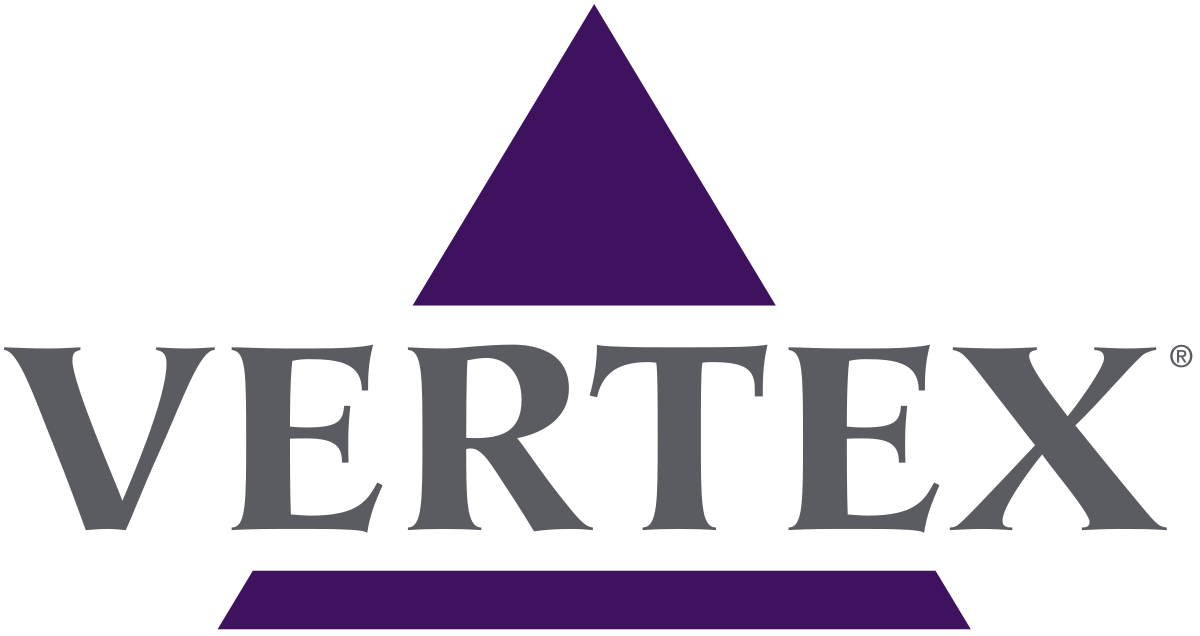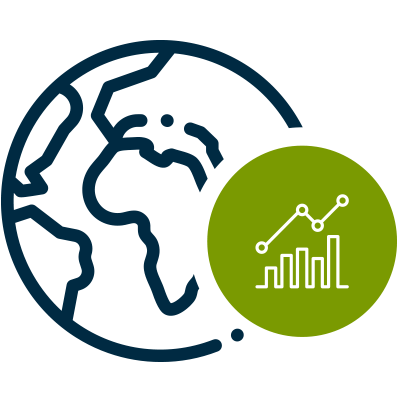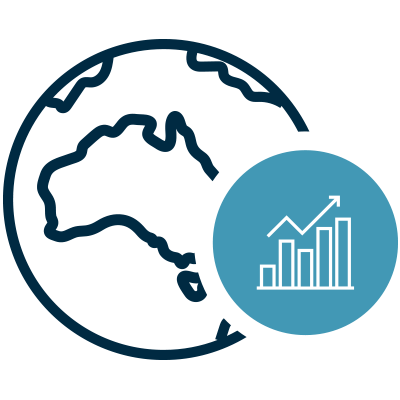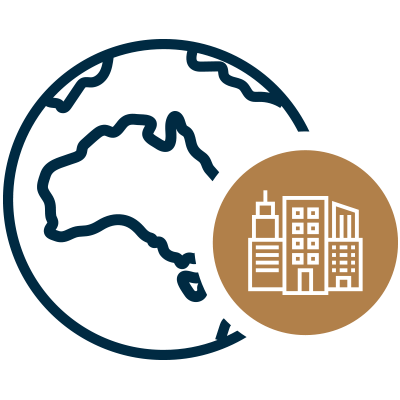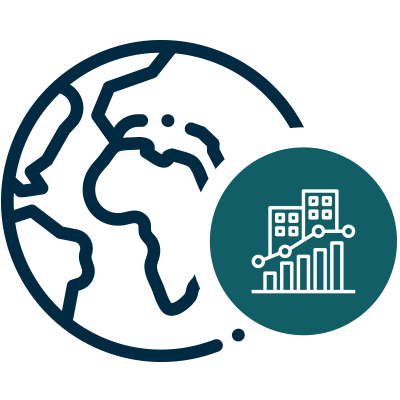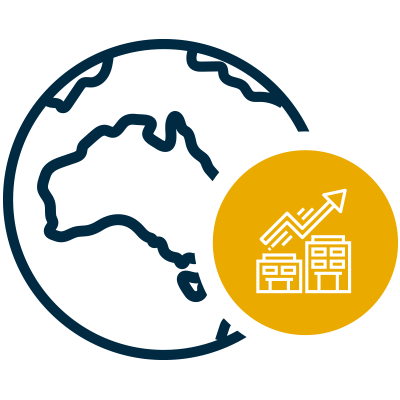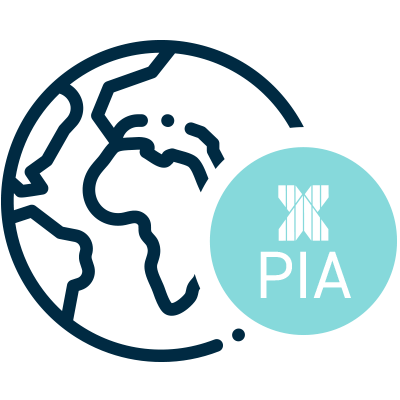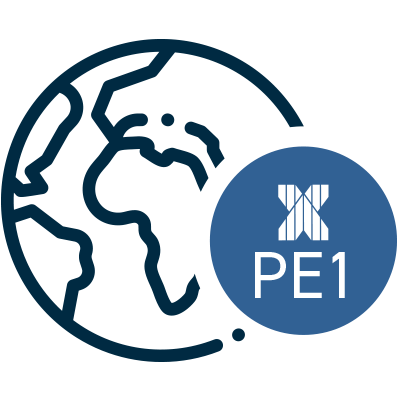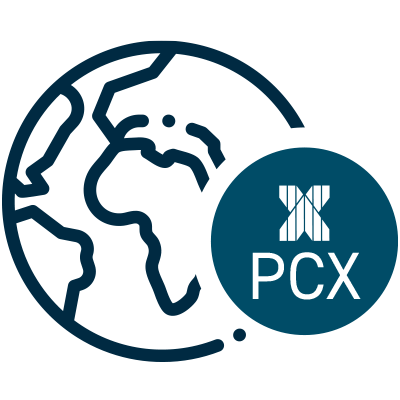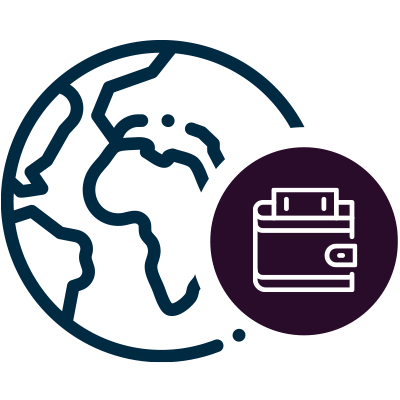Cohorts of growth, quality, and valuation
PORTFOLIO
Top Holdings (alphabetically)
Sector Breakdown
Capitalisation Breakdown
Region Breakdown
PERFORMANCE
PERFORMANCE SINCE STRATEGY INCEPTION
NET PERFORMANCE FOR PERIODS ENDING 31 Mar 20226
PERFORMANCE SINCE STRATEGY INCEPTION
NET PERFORMANCE SINCE INCEPTION7
COMMENTARY
The Fund seeks to invest in a global portfolio of high quality and rapidly growing companies at reasonable prices. In a quarter during which investors fled from growth companies, our portfolio experienced significant underperformance. Unfortunately, our focus on quality businesses further detracted from returns as the highest quality companies also underperformed the lowest quality companies through the quarter.
The worst performing holdings in our portfolio this quarter were concentrated in the healthcare and technology sectors, which have historically provided rich investment opportunities. Notwithstanding the current headwinds we expect them to continue to do so for the foreseeable future.
Within healthcare, Sysmex, a leading Japanese provider of haematology (blood testing) equipment, reported disappointing sales in China, as sales were impacted by the country’s “Buy China” policy initiative setting targets for locally sourced goods. Align Technology, the foremost global provider of clear dental aligners and dental scanning equipment, warned that rising Omicron cases would suppress first-quarter 2022 growth. We remain extremely positive on Align’s business model and do not believe that the current challenges detract from their longer-term prospects. Wuxi Biologics has a very strong franchise and reported exceptional earnings and pipeline growth, but has been caught up in geopolitical tensions between the US and China. We do not expect these tensions to have a long-term impact on the business itself but are watching them closely as they seek to navigate this additional complexity.
The negative performance in healthcare was partially offset by Vertex Pharmaceuticals, which announced continued progress on its pipeline, even as competitors’ efforts to develop alternatives to the company’s market-leading cystic fibrosis drug came up short. Vortex was one of the biggest laggards in our portfolio for the 12 months ending October 2021 however our conviction in the business model was not undermined by market perception and we have been rewarded with a 40% share price return between November 2021 and March 2022.
Within IT, PayPal withdrew its target to reach 750 million users, acknowledging increased churn and a pattern of new users only seeking promotions. EPAM, a US-incorporated IT services consulting firm staffed mostly out of Ukraine and Belarus, plunged as the Russian invasion unfolded. We sold our shares in EAPM within the first days of the invasion.
Meta Platforms (aka Facebook), reported a disappointing set of results and significantly, its first net decline in active users as their core business faces increasing competition, particularly from TikTok. However, it remains extremely cash generative and continues to innovate and expand its offering which we believe will fend off competition and support the next stage of growth. Other detractors within Communication Services included Pinterest and Netflix, both of which are finding it hard to sustain the extremely rapid growth they enjoyed over the past two years of pandemic lockdown and social distancing.
Perspectives
The performance of our strategy has been poor since November of last year. We expected surging demand for consumer durables to revert to trend as economies reopened from COVID constraints and supply chains normalised. But ongoing bottlenecks, exacerbated by congestion at US ports, and rolling lockdowns in China’s industrial heartland, have led to lingering shortages for key components across many industries and prolonged existing inflation effects. The price pressures have been amplified by the commodity price spikes stemming from the Ukraine conflict, with knock-on effects for monetary policies and equity discount rates leading to underperformance of the fastest-growing 20% of the market, from which we’ve drawn 40% of our portfolio.
The implications of today’s headlines are ominous for such vital sectors as semiconductors, pharmaceuticals, and electric vehicles along with certain critical minerals and materials, as firms and countries scramble to insulate themselves from potential disruption. China has been clear about its long-term goal to sustain its growth by expanding its technological prowess and is investing heavily in basic research to achieve its objectives. Similarly, the US and other Western countries are seeking ways to reduce their reliance on Chinese sources for critical inputs. Companies trying to do business across these rival camps are vulnerable to further fracturing of established global trading patterns. But this scenario is not necessarily a cause for doom and gloom for every firm. It would create opportunities, for example, for those that enable industrial companies to increase the resiliency of their supply chains, through onshoring certain operations or setting up facilities close to their customers (as in the case of Wuxi discussed above). At the very least we expect to see businesses reassess their assumptions about access to low-cost transportation, cheap foreign labour, and business-friendly social and tax policies, and, where necessary, take steps to withstand supply disruptions or unanticipated regulatory shifts. The Russian attack may also have the unintended consequence of accelerating the energy transition, by making Western industrialised nations reduce their dependence on and support for unpalatable regimes.
Over the last 20 years we’ve experienced four other episodes when our quality-growth style has significantly underperformed. The most recent was in December 2018 when the Trump trade war and rising interest rates delivered a shock remarkably similar to the one experienced today and which also contributed to a broad retreat from the faster growing business. It’s too soon to tell if the current hiking cycle will prove equally short-lived and given today’s potent mix of macroeconomic and geopolitical uncertainties, investors are facing an unusually wide range of potential outcomes. In a scenario of continued high inflation and sharply rising interest rates, shares of quality-growth companies will probably continue to lag the market; but, should inflation moderate and economic growth revert to a more tepid pace, we would expect to see a reversal of their recent underperformance as the market embraces companies growing their earnings faster than average. In the face of this uncertainty, we do what we have done for the last three decades: construct a diversified portfolio of high-quality growth companies by taking advantage of the most attractive valuations as they emerge.
PROFILE
STATISTICAL DATA2
PORTFOLIO SUMMARY
FEATURES
- APIR CODE PCL0026AU
- REDEMPTION PRICEA$ 0.8672
-
FEES *
Management Fee: 0.974%
Performance Fee: Nil - Minimum initial investment $10,000
- FUM AT MONTH END A$ 58.9m
- STRATEGY INCEPTION DATE 1 December 1989
- BenchmarkMSCI All Country World Total Return Index (net) in $A
Fund Managers

Peter Baughan
Portfolio Manager

Jingyi Li
Portfolio Manager
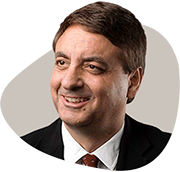
Rick Schmidt
Portfolio Manager
Description
An International Fund targeting superior risk-adjusted returns through investing in high-quality and durable growing companies at reasonable prices.
…
The Pengana Harding Loevner International Fund invests in high-quality, growing companies identified through fundamental research with a long-term, global perspective.
Pengana has appointed Harding Loevner to managed the Fund. Harding Loevner is a New Jersey-based global equity fund manager formed in 1989 with over US$86billion in Assets under Management.
Harding Loevner’ analysts search the world for companies that meet their high quality and durable growth criteria, conduct fundamental research, then value and rate their stocks to make them available to PMs for investment.
EXPLORE OUR FUNDS
1. Harding Loevner was appointed fund manager as of 10 May 2021. June 2021 represents the first full month of Harding Loevner managing the Fund.
2. Class B Inception date 1 July 2015. Figures shown are calculated from the continuous performance of both the current and previous strategies. For performance see row labelled Fund (APIR PCL0026AU) in the table above which is the continuous performance of both the current and previous (shaded) strategies.
3. Harding Loevner Global Equity Strategy inception 1 Dec 1989
4. Prior to June 2021, the Harding Loevner Global Equity Strategy performance (labelled ‘Current Strategy (Partial Simulation)’ and shown in the shaded area) includes the strategy performance simulated by Pengana from the monthly gross returns of the Harding Loevner Global Equity strategy. This simulation was done by: 1) the conversion of US-denominated gross returns to AUD, 2) applying the fee structure of Class B. From June 2021 the strategy performance is the performance of the Pengana Harding Loevner International Fund Class B.
5. MSCI All Country World Total Return Index in AUD.
6. Performance for periods greater than 12 months are annualised. Net performance figures are shown after all fees and expenses and assume reinvestment of distributions. No allowance has been made for buy/sell spreads. Please refer to the PDS for information regarding risks. Past performance is not a reliable indicator of future performance, the value of investments can go up and down.
7. The Harding Loevner Global Equity Strategy performance (shown in the shaded area in the chart, and in the performance table as row labeled ‘Harding Loevner Global Equity Strategy) has been simulated by Pengana from the monthly gross returns of the Harding Loevner Global Equity strategy. This simulation was done by: 1) the conversion of US-denominated gross returns to AUD, 2) applying the fee structure of the stated class. Strategy Inception 30 November 1989.
8. Annualised standard deviation since inception.
9. Relative to MSCI All Country World Total Return Index in AUD
* For further information regarding fees please see the PDS available on our website.





